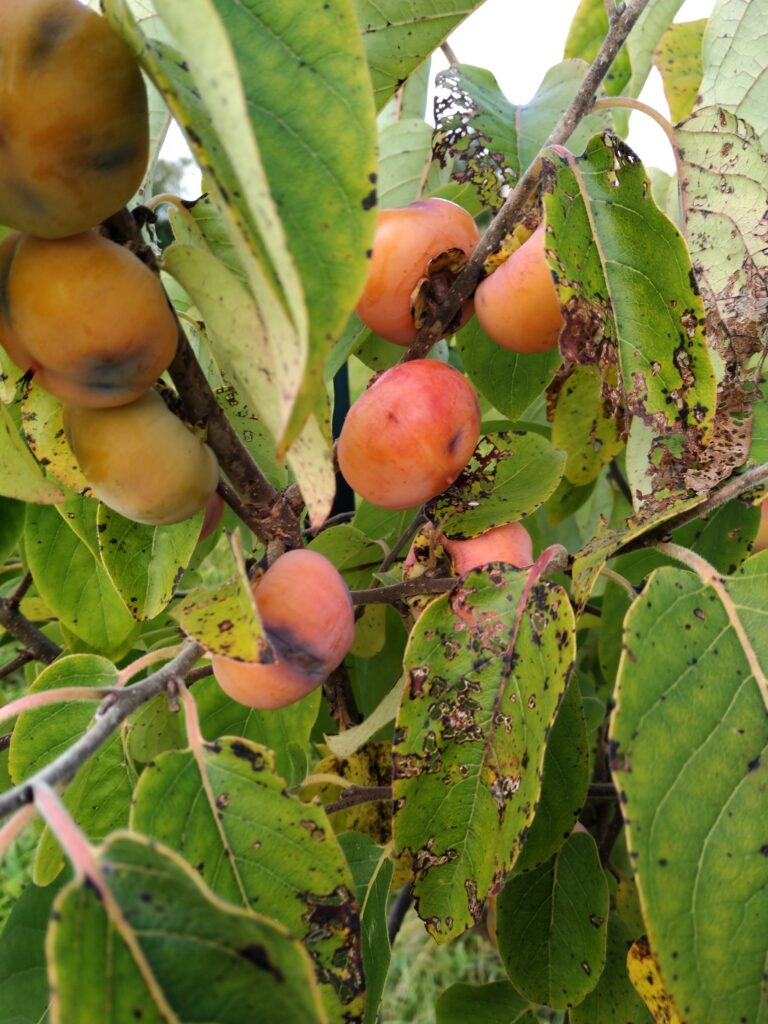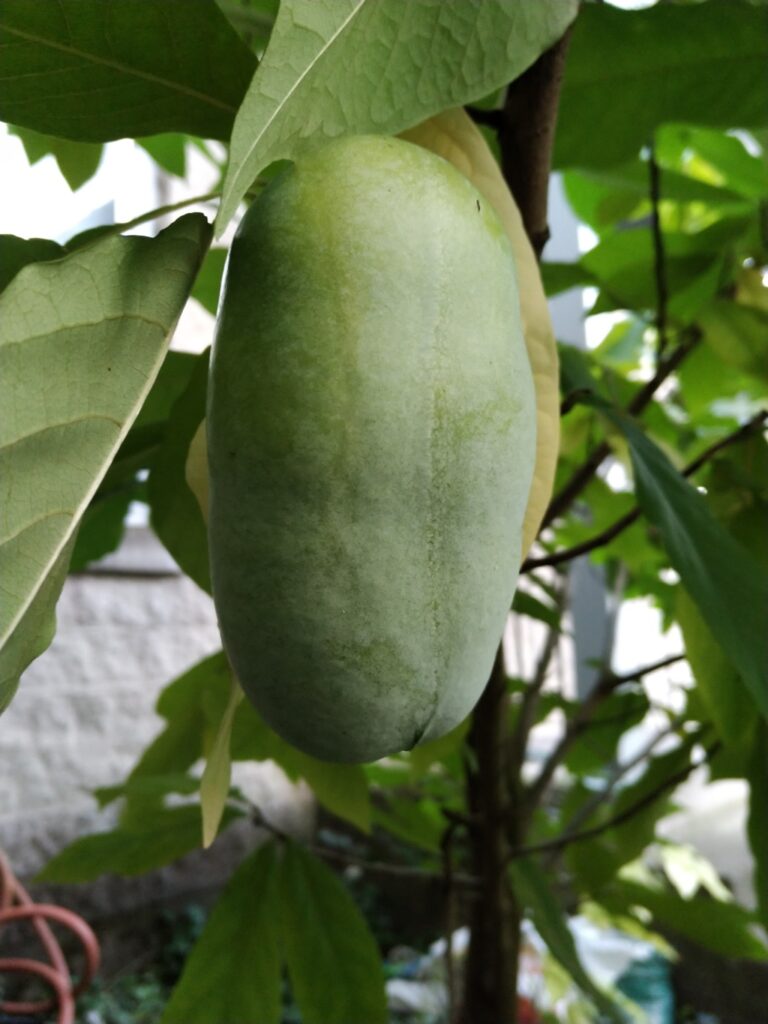THE FIRST FARM DISTILLERY IN MONTGOMERY COUNTY NY
ADI 2020 Research Endowment Grant Winner!
Mohawk Spirits Distillery, using a research endowment award from the American Distilling Institute will be constructing three or more ancient distillation apparatuses with modern materials to characterize their performance. Distillation designs by Brunschwyg, LeFevre, Boerhaave and others will be constructed in glass at the nanoscale level, registered with the TTB, and legally operated to observe temperature, liquid-vapor equilibria, and alcohol purity. It is hoped that resurrecting these medieval, alchemical, and Renaissance designs will provide new opportunities to modern still construction, improved flavor profiles, operating efficiency, and/or brand differentiation.
Vacuum Distillation
Simply put, vacuum distillation reduces the amount of heat required to distill a “wash” of fermented material . A mechanical vacuum significantly lowers the vapor pressure of the wash, which also decreases the boiling point. The deeper (lower) the vacuum, the easier it is to boil the water-alcohol mixture at room temperature. Since little to no heat is required to initiate boiling, the volatile compounds in the wash are not denatured by heat.
The exciting process of distillation under deep vacuum poses a few technical challenges:
- Glassware must have thick walls (“heavy wall”) to reduce implosion hazards;
- The mechanical roughing vacuum pump must have a series of traps to prevent pump oil from backstreaming into the wash, and to prevent the distillates from entering the pump oil;
- The pressure requires careful control, as the vacuum level is not static and changes as the wash boils. As volatiles are stripped from the wash, the boiling point also shifts.
- All glass joints have to be sealed with a nonhazardous high-vacuum sealant, but the glass joints must be easily disassembled for cleaning;
- There is a small latent heat of vaporization (enthalpy) that must be overcome before the wash boils, even with a deep vacuum. Cavitation sources and starting with a room temperature wash usually expedites this with no additional heat.
- Condensers must use refrigerated glycol chillers, as tap water is usually not cold enough; and,
- The cost of glassware exponentially increases as the pot capacity increases, with an upper limit around 200 liters.
LATEST ARTICLES

A Christmas Joke for Distillers
Q: What is a Moonshiner’s favorite Christmas hymn? A: Still, Still, Still.

2021 Meader Persimmons are back!
After two of our prolific persimmon trees were broken over the winter of 2019, they began producing fruit again this year! As you see from

The 2021 Pawpaw Harvest!
In the last week of September, our pawpaws began to fall from their trees, heralding the start of the harvest! This was an amazing year


